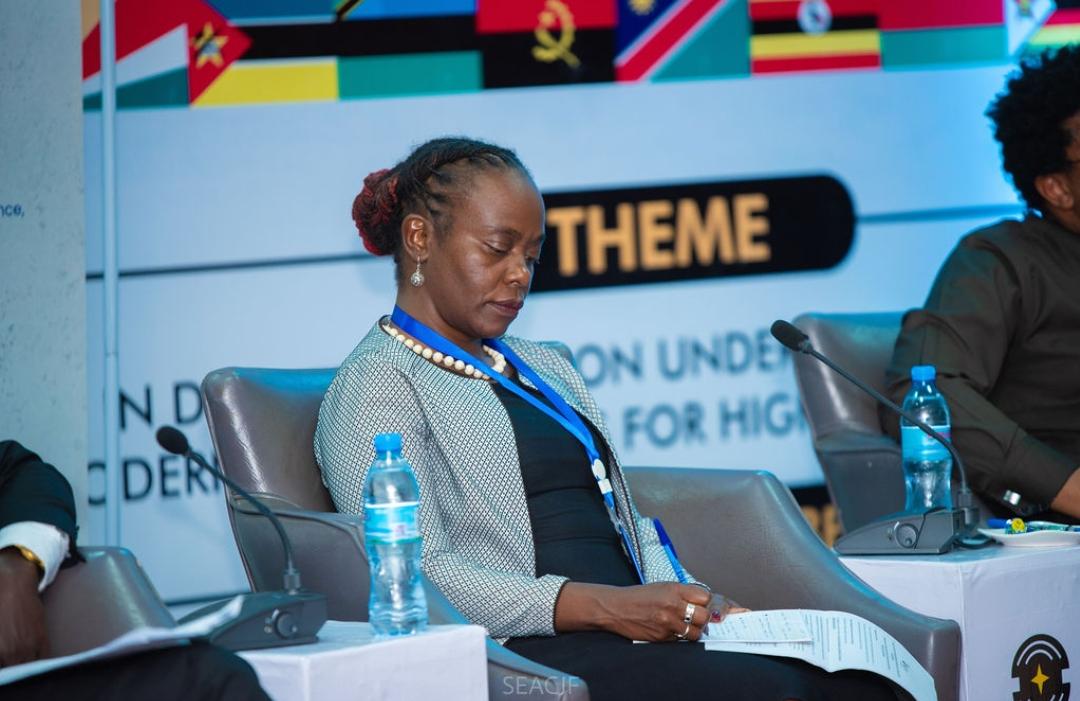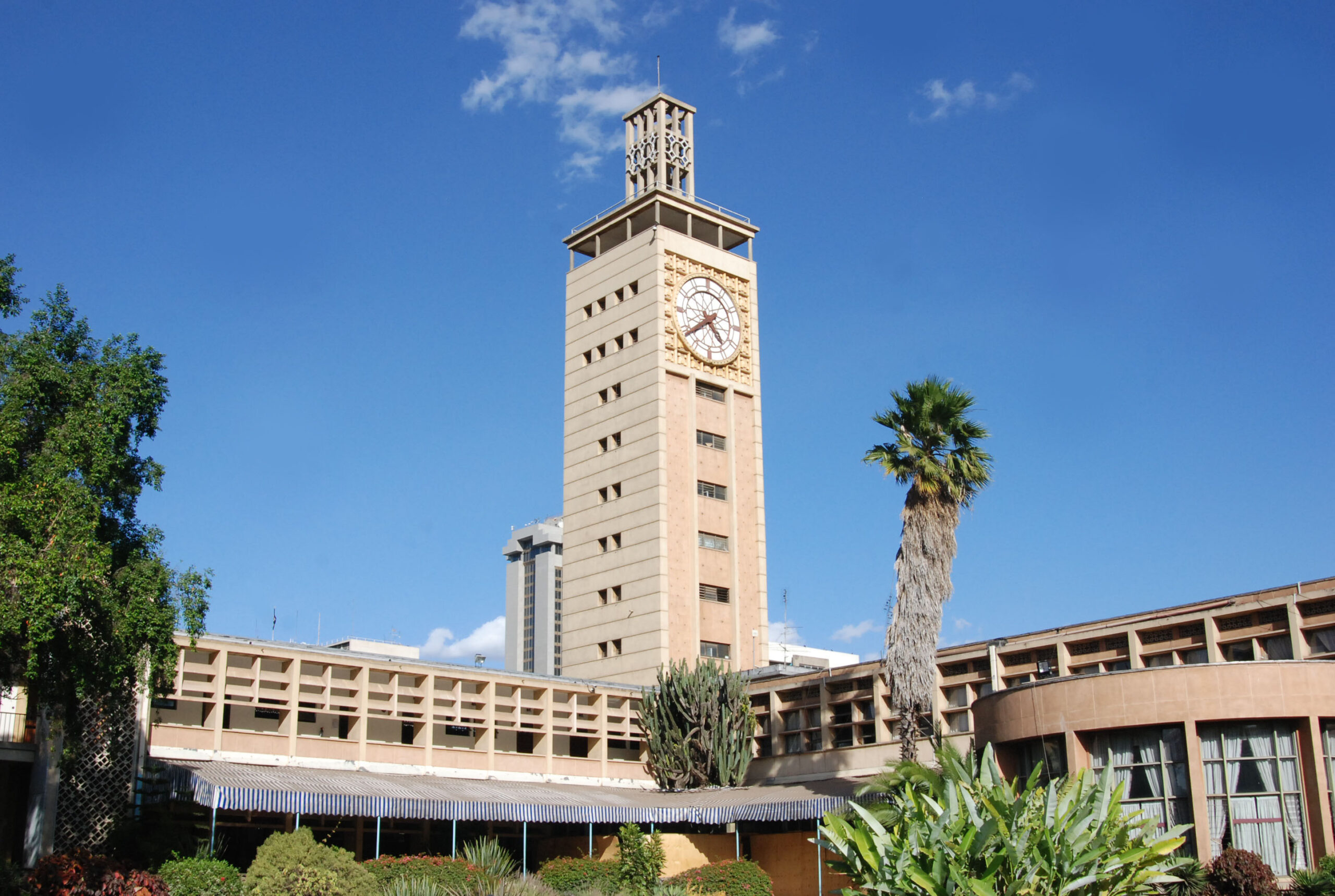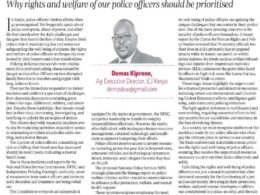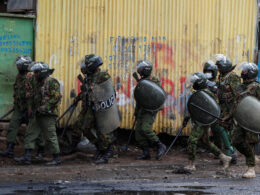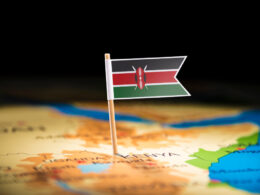ARUSHA,Tanzania, – Trial observation of Political contestations is not a new Concept. The objectives in the context of elections are to ensure transparency, accountability, and fairness in electoral dispute resolution. It is also expected to Increase public trust in the electoral dispute resolution processes and outcomes.
The exercise is an organically developed tool focused on authentic African approaches to resolving our unique needs that entail building public trust in electoral processes and outcomes.
It has been pivotal in strengthening judicial independence and accountability when the Judiciary is called upon to adjudicate on political contestations.
The scope of the trial observation is narrow, it doesn’t delve into the substance of the Trial, evidentiary issues, or legal arguments. It simply takes on the key indicator on matters right to a fair trial. It spells out regional and international human rights standards, public hearings, access to legal representation, adequate hearing, equality of arms, time allocation, and independence of the bench or the tribunal.
The Imperative of Electoral Justice; Defining Election Dispute Resolution and Electoral Justice
Election Dispute Resolution is the resolution of all disputes relating to the electoral process, whether handled by the election administration, Judiciary, law enforcement, or any other competent institution.
Disputes may concern any election-related area, such as voter and candidate registration, campaigning, election day procedures, or election offenses. They can be lodged against any election stakeholder, including relevant authorities, candidates or even media regulatory bodies.
Efficient resolution of election disputes is essential, among other things, to the overall protection of fundamental rights, conflict prevention, electoral integrity, public confidence in the election process, and acceptance of election results, making this subject matter an essential element of election observation.
Electoral justice encompasses the principles and mechanisms that ensure fairness, transparency, and integrity of electoral processes. It ensures that elections reflect the will of the people and adhere to the rule of law, ultimately strengthening the democratic foundations of a Nation.
Civil society organisations often play a central role in Trial monitoring the election dispute resolution process to safeguard electoral justice.
Electoral commissions may collaborate with Trial monitors to enhance their work, and international bodies like the European Union, USAID, and OSF often provide support and guidance for Trial monitoring efforts. Civil societies may monitor the Trial themselves or, in the case of ICJ Kenya, convene an eminent jurists mission comprised of retired Judges and Judges of Superior courts from other jurisdictions to undertake the trial monitoring mission.
The credibility of Trial monitoring hinges on principles such as impartiality, transparency, and non-interference in electoral processes. Observers must be well-trained and adhere to a code of conduct.
Trial monitoring involves the systematic observation, documentation, and assessment of electoral disputes and their resolution processes from the moment the dispute is raised through its adjudication.
The primary objectives are to ensure transparency, accountability, and fairness in electoral dispute resolution.
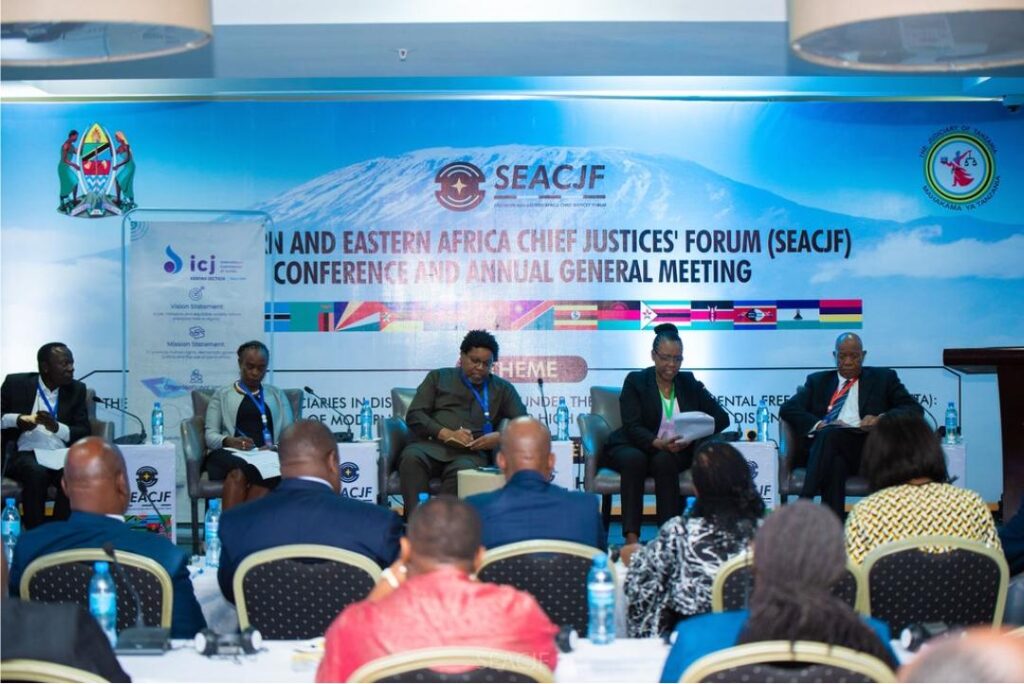
Differentiating Trial Monitoring from Election Observation
While election observation focuses on assessing the electoral process, Trial monitoring is more specific, concentrating on disputes that arise during and after the election. Election observation often includes assessing the pre-election period, campaigning, and voter registration.
The main international and regional instruments that guarantee the right to a fair hearing are the Universal Declaration of Human Rights, the International Covenant on Civil and Political Rights (ICCPR) , and the African Charter on Human and Peoples’ Rights. Elements of the right to a fair hearing regarding the resolution of election disputes are also protected in the African Charter on Democracy, Elections, and Governance (ACDEG).
The practice of trial monitoring has evolved and has been instrumental in enhancing the credibility of elections. In Kenya for instance, the 2007-2008 post-election violence prompted a significant shift in the evolution of Trial monitoring.
The disputed election results led to violence and political instability. Local and international organisations, including the Kenyan Section of the International Commission of Jurists(ICJ Kenya), the Kenyan National Commission on Human Rights (KNCHR), and the International Republican Institute (IRI), played pivotal roles in monitoring and reporting on electoral disputes. The ensuing power-sharing agreement and the implementation of reforms were influenced by election monitoring reports, illustrating its impact on dispute resolution and political stability.
Electoral disputes are an inherent part of the electoral process, arising from challenges, grievances, or irregularities during elections. Resolving these disputes is essential to maintain public trust in the electoral system and democratic institutions.
Electoral disputes can involve vote counting, candidate eligibility, and campaign violations. Kenya has a history of closely contested and sometimes contentious elections. In the 2017 and 2022 presidential elections, Trial monitoring played a crucial role in highlighting the importance of the independence of the Judiciary and the importance of upholding international standards of fair hearing. In 2017, Kenya became the first country in Africa to nullify a presidential election due to election irregularities.
ICJ Kenya has consistently hosted high-level delegations comprising eminent jurists in a longstanding partnership with the Africa Judges and Jurists Forum (AJJF). Their primary objective has been to conduct comprehensive trial observations during the Kenyan presidential election petitions. These missions encompassed the presidential election disputes that followed the 2013, 2017, and 2022 elections.
These Trial monitoring missions go beyond mere observation of the petitions themselves; they are holistic endeavors. Their scope extends to examining critical aspects of the Kenyan democratic process. Specifically, they focus on several key areas including, Independence of the judiciary where missions, meticulously assess the independence of the Kenyan Judiciary in the context of presidential election petitions. This involves thoroughly examining the judicial system’s ability to adjudicate electoral disputes impartially and free from external interference.
The role of the Supreme Court is also examined, particularly in adjudicating presidential electoral disputes. The mission aims to evaluate the Court’s effectiveness, fairness, and consistency in ensuring electoral justice. Finally,missions are able to recognize that the socio-political environment leading up to the petition is crucial in understanding the overall context of the electoral dispute. Factors such as public sentiment, political tensions, and electoral processes are carefully considered.
The trial monitoring missions have fostered transparency, accountability, and fairness in the Kenyan electoral system. By examining the legal aspects of presidential election petitions and the broader socio-political landscape, ICJ Kenya and AJJF have significantly contributed to promoting electoral justice and the rule of law in Kenya.
Their efforts highlight the interplay between legal processes and the broader democratic context, emphasizing the importance of both in ensuring free and fair elections.Top of Form Other notable examples of Trial monitoring efforts include the South African National Civic Organization (SANCO) in South Africa, which monitors electoral disputes.
Trial monitoring serves as a cornerstone of electoral justice, offering a structured and systematic approach to resolving electoral disputes and upholding the integrity of elections.






